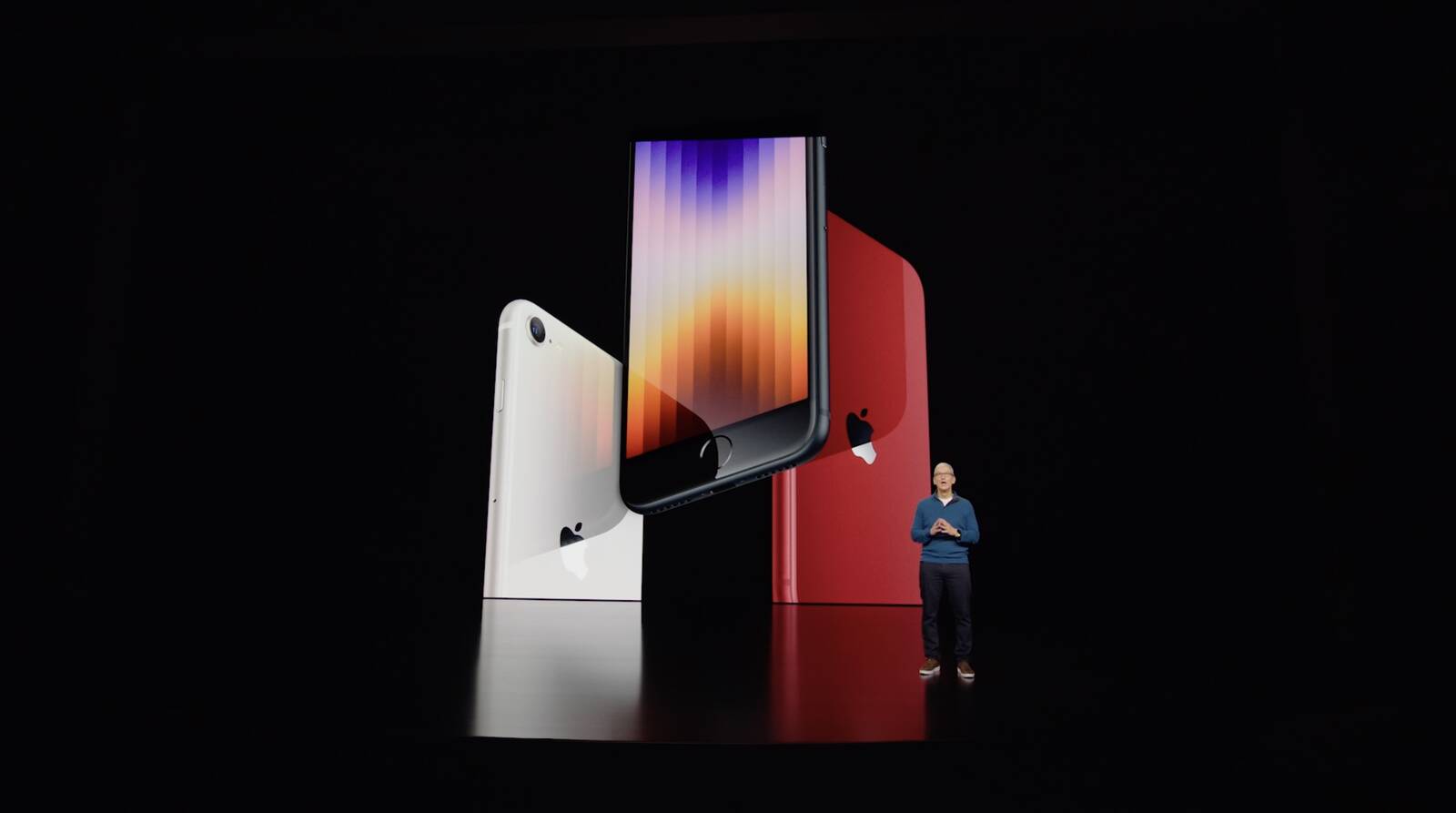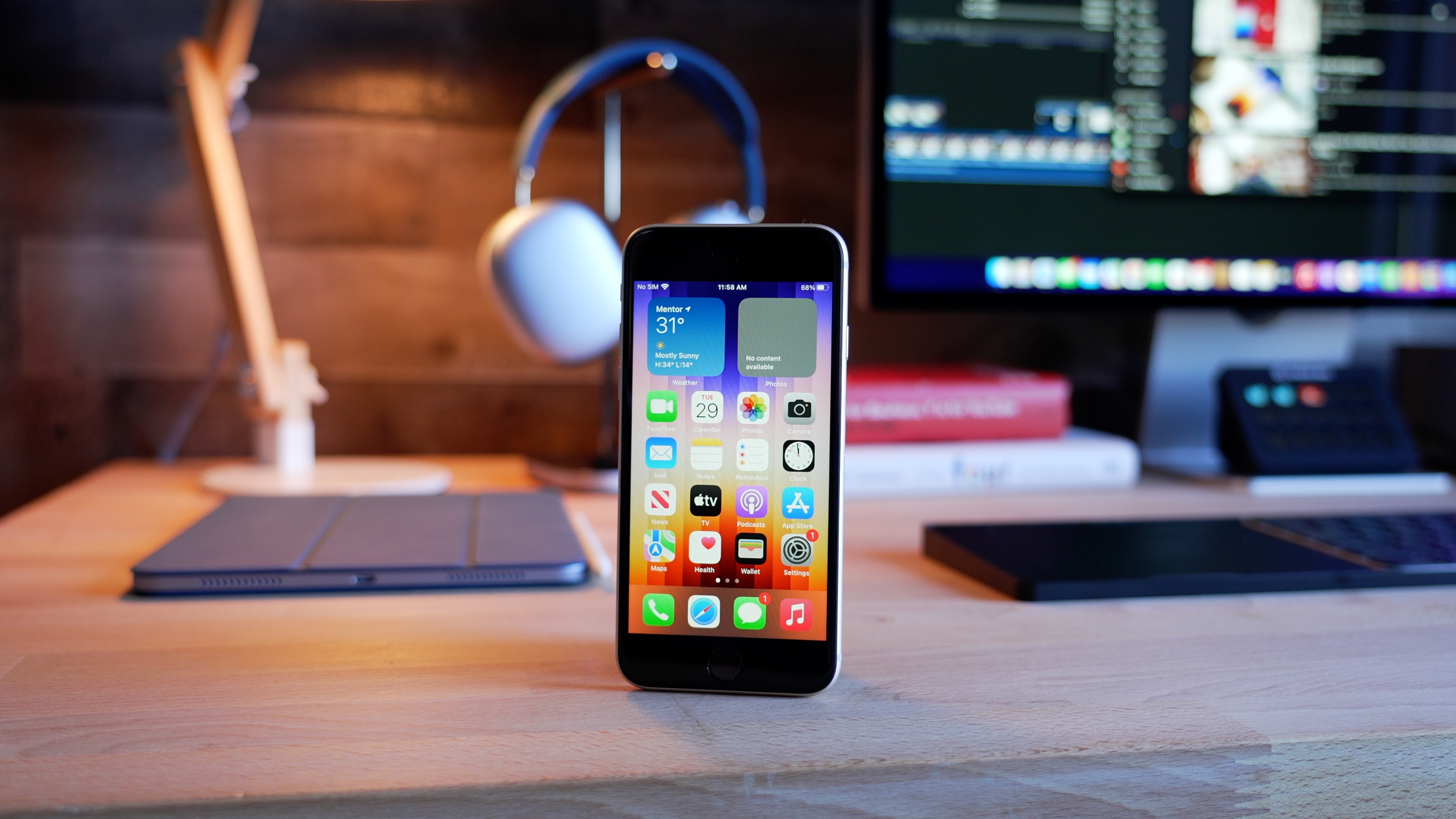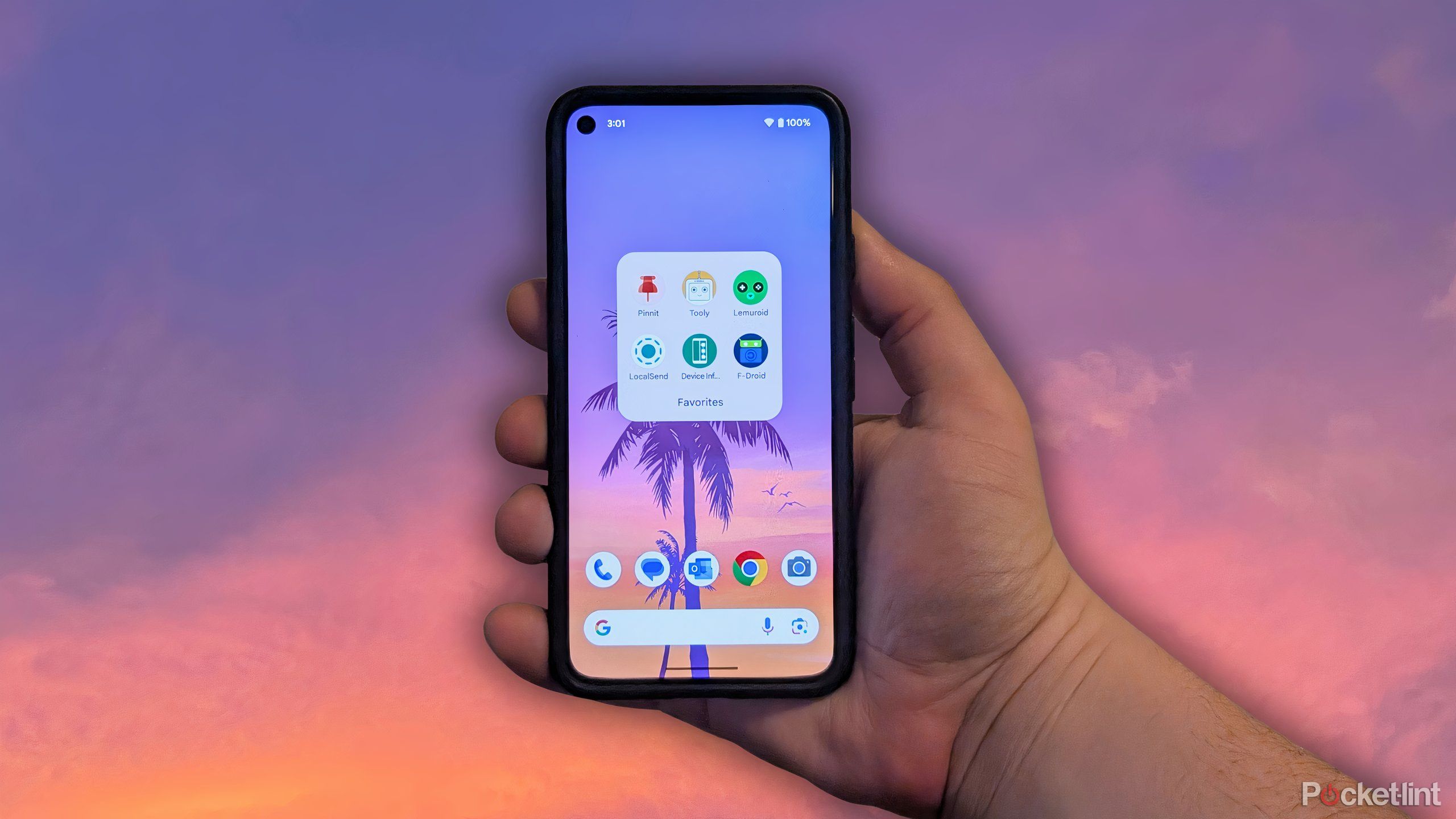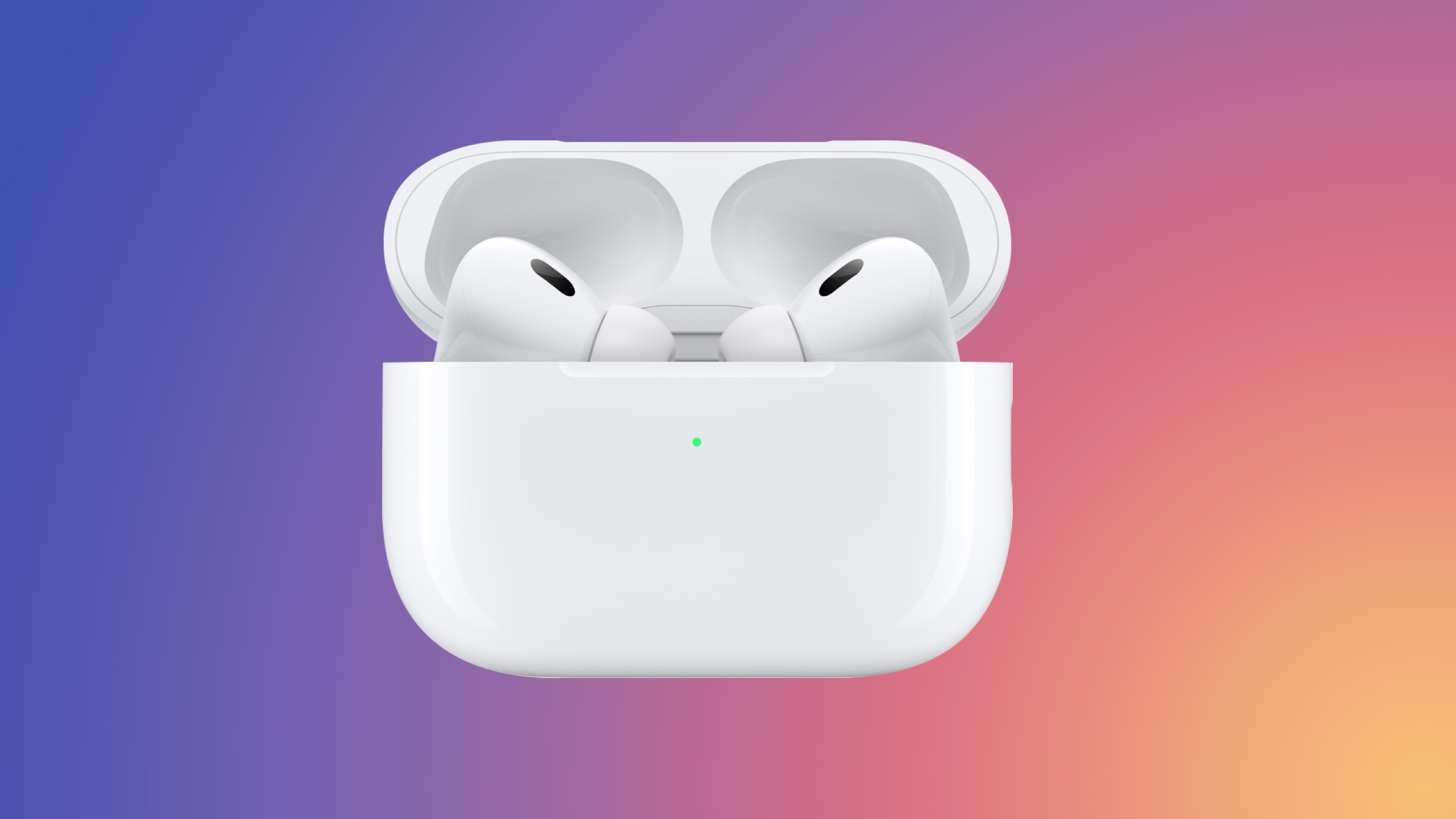iPhone SE Now Over 1,000 Days Old as New Model Edges Closer

[[{“value”:”Apple’s third-generation iPhone SE, introduced on March 8, 2022, has now reached the milestone of being over 1,000 days old.

The iPhone SE debuted in 2016 as Apple’s answer to customers who wanted a more affordable iPhone without sacrificing key features. The first SE model was based on the design of the iPhone 5s but packed the then-flagship A9 chip and latest camera technology. Subsequent iterations followed a similar formula: the second-generation iPhone SE in 2020 adopted the iPhone 8’s design and added the A13 Bionic chip, while the third generation launched in 2022 with another leap in processing power thanks to the A15 Bionic chip. Over the years, the SE line has become synonymous with classic design paired with modern internals.
When the third-generation iPhone SE was unveiled, it brought significant upgrades over its predecessor, including the A15 Bionic chip—the same processor used in the iPhone 13 lineup—longer battery life, and 5G connectivity, which extended high-speed wireless access to Apple’s budget-conscious customers. However, the exterior design was starting to show its age even upon the device’s unveiling in 2022. The third-generation SE retained the 4.7-inch Retina HD display and thick bezels of the iPhone 8, a design that effectively first debuted in 2014 on the iPhone 6. Likewise, its LCD screen felt out of step with Apple’s more modern OLED displays. Face ID was also noticeably absent.

As the iPhone SE 3 crosses the 1,000-day threshold, there are a vast array of corroborated rumors about its successor. Expected to launch in the spring of 2025, the fourth-generation iPhone SE is shaping up to be a significant upgrade. Unlike its two predecessors, the iPhone SE 4 is rumored to abandon the iPhone 8’s design entirely in favor of a modern aesthetic inspired by the iPhone 14.
The new model is expected to feature a larger 6.1-inch OLED display to provide deeper blacks, better contrast, and improved energy efficiency. Face ID is also set to replace Touch ID, marking the end of the physical Home button on the iPhone and embracing the all-screen design that has become a hallmark of contemporary iPhones.
Under the hood, the iPhone SE 4 is anticipated to be powered by the A18 Bionic chip, the same processor from the iPhone 16 lineup, along with 8GB of RAM to support Apple Intelligence. Another major change will be the adoption of USB-C, following Apple’s broader transition away from the Lightning connector. Camera upgrades are also on the horizon, with the SE 4 likely to feature a single 48-megapixel rear camera, a dramatic improvement over the 12-megapixel sensor in the SE 3. Despite these substantial upgrades, Apple is reportedly committed to keeping the iPhone SE 4 priced below $500, maintaining its appeal as an affordable entry point into the Apple ecosystem.
For those considering the iPhone SE 3 today, the advice is clear: wait. While the iPhone SE 3 remains a capable device, it is difficult to justify its purchase when a redesigned, feature-packed successor is on the horizon. The dated design and hardware limitations of the current model make it markedly less future-proof compared to Apple’s other offerings. With the iPhone SE 4 expected to deliver a more modern design with a larger display, OLED technology, Face ID, faster performance, and other improved features at a similar price point, holding out for its release in 2025 is by far the smartest choice.
This article, “iPhone SE Now Over 1,000 Days Old as New Model Edges Closer” first appeared on MacRumors.com
Discuss this article in our forums
“}]]







